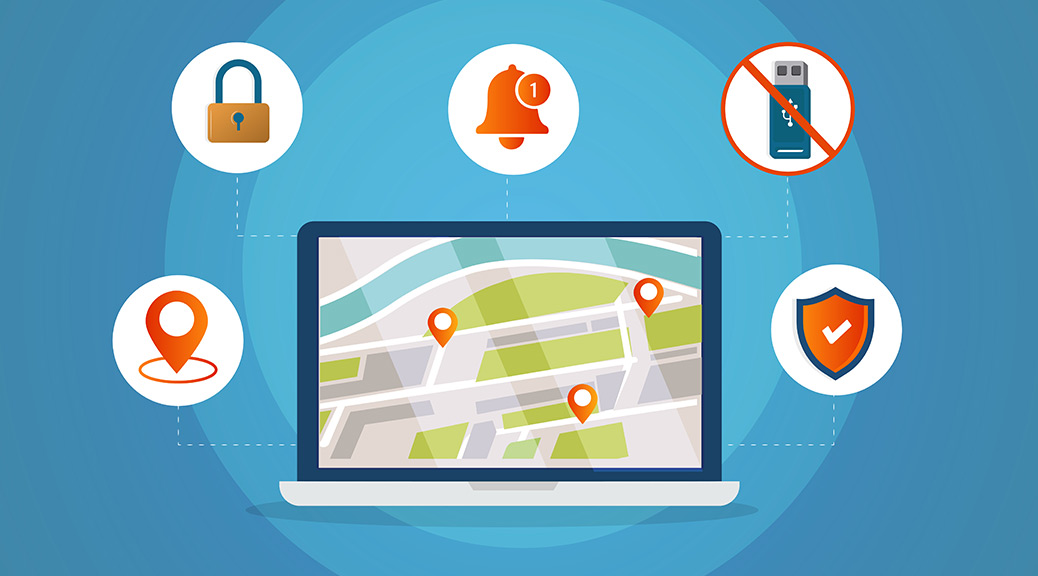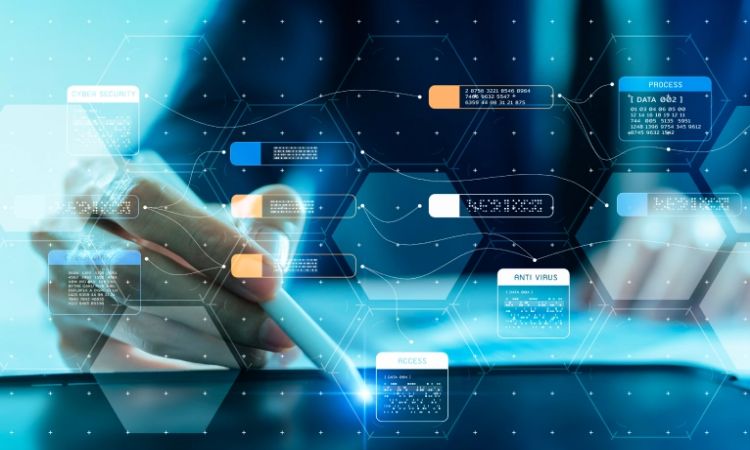
Security management software is a crucial tool for modern businesses. It helps protect data, secure systems, and ensure compliance with regulations. Different industries have unique security needs, and choosing the right software can make a significant difference.
This article explores the best security management software solutions for various industries.
Security Management Software for Healthcare
Healthcare faces unique security challenges, primarily centered around patient data protection. Compliance with regulations like HIPAA is mandatory, making security management software essential. Medical devices also need to be secured against cyber threats.
In healthcare, security management software often includes features like data encryption, secure access controls, and integration with electronic health records (EHR) systems. These features ensure that patient data remains confidential and protected from unauthorized access.
Security Management Software for Finance
The finance industry is another sector with stringent security requirements. Financial institutions must protect sensitive financial data and comply with regulations like PCI DSS. Additionally, they need to prevent fraud and cyber-attacks.
Security management software for finance typically includes real-time monitoring, advanced threat detection, and strong encryption. These features help financial institutions stay ahead of potential threats and safeguard customer data.
Security Management Software for Retail
Retailers face unique challenges in securing customer data and point-of-sale (POS) systems. With the rise of e-commerce, securing online transactions for transaction monitoring has also become critical.
For retailers, effective security management software includes features like transaction monitoring, secure POS systems, and data encryption. These features help prevent data breaches and protect customer information.
Security Management Software for Manufacturing
Manufacturers need to protect their intellectual property and secure industrial control systems (ICS). This industry often deals with sensitive data and proprietary processes that need to be safeguarded.
Security management software for manufacturing includes features like secure access controls, integration with operational technology (OT) systems, and protection against industrial espionage. These features ensure that sensitive information and critical systems are protected.
Security Management Software for Government
Government agencies handle a vast amount of sensitive data and must comply with strict regulations. Maintaining national security and public trust requires protecting this data.
For government agencies, security management software often includes features like secure communication channels, data encryption, and compliance monitoring. These features help protect sensitive information and ensure regulatory compliance.
Security Management Software for Education
Educational institutions need to protect student and staff data, as well as secure campus networks and systems. The rise of digital learning has increased the need for robust security solutions.
Security management software for education includes features like secure access controls, integration with learning management systems (LMS), and data encryption. These features help protect personal information and ensure the security of digital learning environments.
For example, a university implemented security management software that integrated with their LMS and provided secure access controls. This solution protected student data and ensured the security of online learning platforms.
Factors to Consider When Choosing Security Management Software
Assessing Industry-Specific Needs
Understanding the unique security requirements of your industry is crucial. Each sector has specific challenges that must be addressed by the chosen software. By thoroughly understanding these unique challenges, you can choose software that specifically addresses the needs of your industry, providing tailored features and compliance support.
Evaluating Features and Capabilities
When evaluating security management software, it’s important to look for key features that ensure comprehensive protection and seamless operation.
- Data Encryption: This feature ensures that sensitive information is unreadable to unauthorized users.
- Real-Time Monitoring: Real-time monitoring allows for immediate detection of suspicious activities, enabling swift responses to potential threats.
- Secure Access Controls: These controls restrict access to sensitive data based on user roles and permissions, ensuring that only authorized personnel can access critical information.
- Integration with Existing Systems: Seamless integration with current IT infrastructure, such as learning management systems (LMS) in education or electronic health records (EHR) in healthcare, is vital.
Cost and Budget Considerations
Balancing cost with functionality is a key aspect of choosing security management software. It’s essential to determine your budget and identify software that offers the necessary features without exceeding financial constraints.
- Total Cost of Ownership (TCO): Consider the TCO, which includes the initial purchase price, implementation costs, ongoing maintenance, and potential upgrades. This comprehensive view helps in understanding long-term financial commitment.
- Return on Investment (ROI): Evaluate the ROI by considering the potential cost savings from preventing data breaches, ensuring regulatory compliance, and reducing the risk of fines and legal issues. Effective security management software can provide significant financial benefits by mitigating risks.
Vendor Support and Reputation
Reliable vendor support is crucial for addressing any issues that arise during the implementation and use of security management software.
- Support Services: Assess the level of support provided by the vendor, including availability (24/7 support), response times, and the expertise of the support team. High-quality support ensures that any problems can be quickly resolved, minimizing downtime and security risks.
- Vendor Reputation: Research the vendor’s reputation by reading reviews, seeking testimonials from current users, and evaluating their track record in the industry. A reputable vendor is more likely to offer reliable software and ongoing updates to address emerging security threats.
Scalability and Future-Proofing
Choosing security management software that can grow with your organization is vital for long-term effectiveness.
- Scalability: The software should be able to handle an increasing volume of data and users as your organization expands. Scalability ensures that the software remains effective and efficient, even as demands increase.
- Future-Proofing: The software should be adaptable to future security needs and technological advancements. Future-proofing ensures that the software remains relevant and effective in the long run, protecting your organization against evolving cyber threats.
Conclusion
In summary, security management software is essential for protecting data and ensuring compliance across various industries. By understanding the unique challenges of each sector and carefully evaluating the available solutions, organizations can choose the best software to meet their needs. This careful selection ensures robust security, regulatory compliance, and overall business success.
Write and Win: Participate in Creative writing Contest & International Essay Contest and win fabulous prizes.


